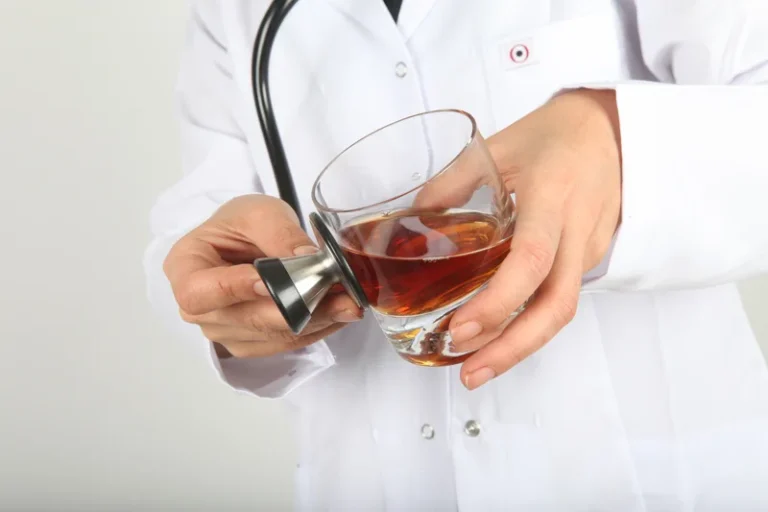
So, mixing the two together increases the likelihood of overdose on either substance. If you lie about the amount of alcohol you consume on a regular basis, your doctor can’t accurately judge the risks and benefits of prescribing a particular medication. If you take any medication—even over-the-counter (OTC) products—drinking alcohol might affect how your meds work.
Online quizzes that can help you assess a loved one or your risk of addiction.
- Understanding drug-alcohol interactions requires delving into pharmacology—the study of how drugs interact within the body.
- Numerous prescription medications, over-the-counter medications, and illicit drugs have CNS depressant effects.
- Checking for interactions and discussing them with your doctor or pharmacist is the best way to prevent harm.
- The following article will explore how alcohol and antidepressants affect people when the two are mixed.
They can lead to addiction and dependence and can be especially toxic or deadly when mixed with alcohol due to breathing that may drastically slow down or stop altogether, and be fatal. Dual orexin 1 and 2 receptor antagonists (DORAs) are a class of sleep medications that block orexin, a brain chemical involved in wakefulness and arousal. You also must have at least 7 hours of time to sleep before you plan on waking up after taking a dose. You should also avoid the use of alcohol while being treated with the non-benzodiazepine medications, (often referred to as the “Z-drugs”).
Examples of Potentially Deadly Interactions
- The label on your medication may not specifically warn against consuming alcohol while you are taking the drug, so it’s important not to assume that the absence of a warning means it is safe to mix the two.
- Here is a short list of the most common prescription and OTC drugs that can pose a risk to your health if mixed with alcohol, as well as what can happen if the substances are combined.
- Do not attempt to drive or operate machinery while under the influence of these substances.
- If you accidentally mix medicine with alcohol, it’s essential to seek medical advice immediately.
Chronic heavy drinking can mess with the chemical messengers in your brain that regulate anxiety, leading to heightened anxiety in general. This combination can create unpredictable reactions, making it crucial to avoid mixing these substances. Preventing dangerous combinations requires awareness and education about substance use’s potential risks. Additionally, some drugs alter how your body processes alcohol itself. For example, disulfiram (used for treating alcoholism) inhibits an enzyme that helps metabolize acetaldehyde (a toxic byproduct of alcohol metabolism).
Why Choose Greater Boston Addiction Centers?
In extreme cases, alcohol and drugs can lead to heart failure, coma, or even death. Prescription drugs are a wide classification of medicationsthat includes opioid painkillers, benzodiazepine (benzo) depressants and amphetamine stimulants, among others. They can have a variety of uses, including relieving pain due to illness or surgery, helping calm anxiety or maintaining impulse control. When used as directed, prescription drugs can effectively manage a variety of ailments and issues. However, when misused, they can often become addictive and dangerous, especially when combined with other substances like alcohol. Anxiety meds belong to a family of drugs called benzodiazepines, or “benzos”.
Also, these drugs together can negatively impact major body organs like the kidneys what happens when you mix drugs with alcohol and the liver. The two can put extra pressure on these organs and lead to irreversible damage. These individuals may also benefit from an inpatient or outpatient treatment program, where they can create support systems and learn coping skills necessary for long-term recovery.
Assessing Your Risk of Addiction
- Anything you consume can have some form of interaction; however, some drug combinations may be more risky than others.
- Alcohol mixed with Flagyl (metronidazole) or Tindamax (tinidazole) can also lead to chest pain, anxiety, dizziness, and heart problems.
- Older people also are more likely to take a medication that interacts with alcohol—in fact, they often need to take more than one of these medications.
When combined, they interact in ways that can intensify their impact, significantly increasing the risks. The specific effects depend on the type of drug, dosage, and amount of alcohol consumed, but mixing the two can result in unpredictable and potentially life-threatening consequences. Blood pressure medicine and alcohol consumption is an interaction that should always be reviewed with a pharmacist, although some blood pressure meds and alcohol are safe to combine in moderation.
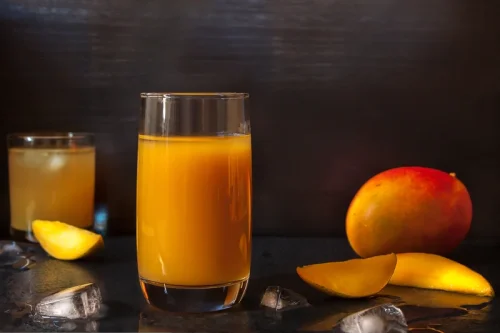
Others cause blackouts, violent vomiting, or erratic mood swings that lead to dangerous situations. Our care is founded on comprehensive care that starts with medical detoxification, a required and closely monitored process. Combining alcohol and prescription drugs will severely worsen mental conditions like depression and anxiety. Combining the two while intoxicated can intensify symptoms to the point of making people consider and attempt suicide. It is not uncommon for people to mix alcohol with drugs, some accidentally and some intentionally. People do so for several reasons, like prolonging the drug’s effects, enhancing the effects, or balancing out the two substances.
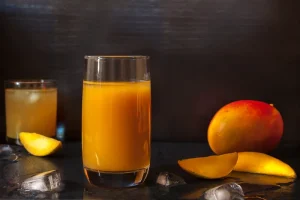
Alcohol-Medication Interactions: Potentially Dangerous Mixes
There are a number of alternatives to taking sleeping pills that can help promote better sleep. These include sticking to a consistent sleep schedule, avoiding caffeine, nicotine, and alcohol before bed, exercising regularly, and avoiding screens before bed. Additionally, relaxation techniques such as deep breathing and meditation can help promote better sleep. Some natural supplements, such as melatonin, Substance abuse can also be helpful in promoting better sleep. When alcohol use is combined with multiple medications, it may magnify these problems. Older adults don’t metabolize alcohol as quickly as younger adults do, so alcohol stays in their systems longer and has a greater potential to interact with medications.
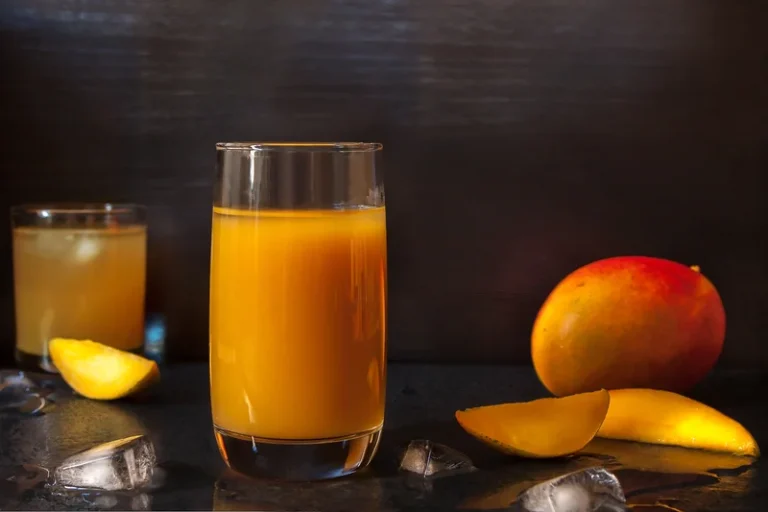
Sign up for free and stay up to date on research advancements, mental health tips, mental health in the news, and expertise on managing mental health. If you must consume both substances, knowing your limits and consuming slowly is important. “Pick one to start with, and then if you really need to add another, do it slow.”For example, she suggests starting with one drink and then one hit of weed rather than going all in with shots and a bong rip. In people who already have depression, weed might cause worsened depressive symptoms.
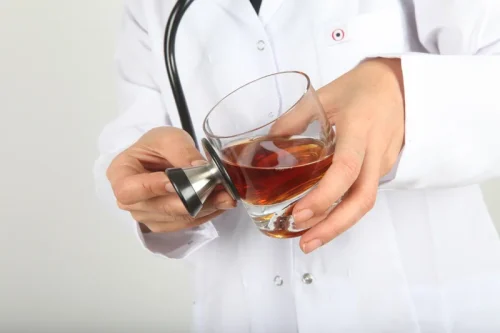
Combining ketamine with other drugs, including the use of over-the-counter and prescription medications, illicit drugs, and alcohol, can be unpredictable and extremely dangerous. The effects of mixing ketamine and other substances can range from pain and discomfort to increased risk of overdose and death. In some cases, mixing these two substances can be a sign of a deeper problem. People with untreated depression are at an increased risk of drug abuse or alcohol abuse and addiction. An untreated alcohol abuse disorder can lead someone to mix their medications to get “high” or escape from emotional pain. If someone is on medication and drinks despite the dangers, they need help for alcohol abuse disorder.

